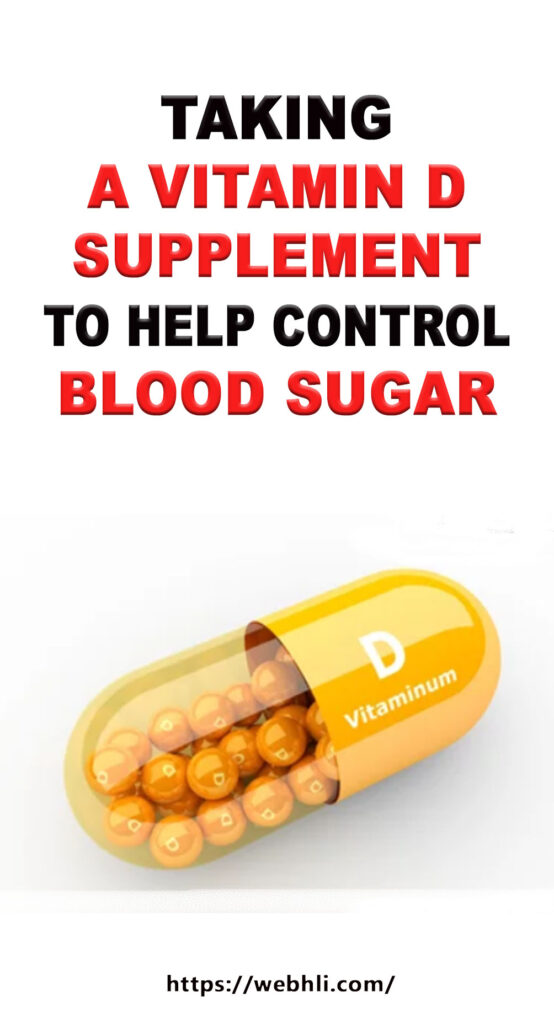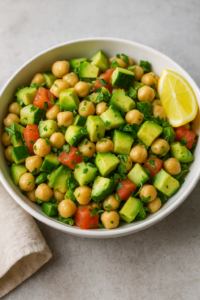
People who have been diagnosed with Type 2 diabetes often have low levels of vitamin D. Researchers at Shandong University in Jinan, China, tested vitamin D as a possible treatment for the condition.
Their study, reported on in November, 2014 in the Chinese publication Zhonghua Yi Xue Za Zhi, included 164 participants diagnosed with Type 2 diabetes, aged from 30 to 75 years...
Check out these related articles, too:
Control Your Diabetes Better With These Helpful Tips
Gastroparesis - A Challenge to Control
Blood Sugar Control and Diet - A Plan to Reverse Diabetes
Diabetes Natural Home Remedies – Worth a Try?
Can Magnesium Prevent Diabetes?
Zinc Shown to Promote Insulin Production In Diabetics
Prevent Side Effects From Diabetes Drugs
Why You Should Stop Taking Drugs for Your Diabetes
What Does It Mean To “Reverse Diabetes?”
- one group received vitamin D, while
- a second group received their usual treatment.
At the beginning of the study both groups were alike. At the end of 12 weeks the participants taking vitamin D showed decreased...
- body mass index,
- waist circumference,
- fasting blood sugar levels,
- fasting insulin levels,
- HbA1c levels, and
- insulin resistance
in comparison with the non-vitamin D group.
Vitamin D levels increased markedly in the supplemented group.
From the above results it was concluded vitamin D supplementation could be helpful in fighting insulin resistance, the cause of Type 2 diabetes.
The recommended dietary allowance (RDA) for adults under 70 is 600 IU. Those older than 70 should have 800 IU. Getting a few minutes of sunlight per day without sunscreen allows your skin to make more vitamin D, but people over 65 or with dark complexions might not be able to make enough.
Vitamin D helps your intestines absorb calcium and other minerals, and is essential for building strong bones. It is also important for strong hearts and under investigation for certain kinds of cancer.
On the other hand, vitamin D is stored in the liver, so too much can be a bad thing. Fortunately vitamin D toxicity is rare, because it takes 50,000 IU per day for several months to cause it. Signs and symptoms of toxicity include...
- too much calcium in the blood,
- poor appetite,
- weakness,
- nausea,
- vomiting,
- frequent urination, and
- kidney stones.
The condition is treated with fluid and medications such as corticosteroids or bisphosphonates. Eating foods with added vitamin D will not cause toxicity because the doses are not high enough. Neither will sunbathing, because the skin turns off the process when it has made enough of the vitamin - but be careful not to get burned.
Type 2 diabetics are advised to have their vitamin D levels checked with a blood test...
- levels of 20 to 50 ng/ml is considered normal.
- less than 12 ng/ml is considered deficiency level and should be corrected.
When most people with diabetes - and probably people in general, are tested with a blood test, they have low levels of vitamin D. If your doctor finds a deficiency he can advise an adequate dose. Vitamin D supplements are available over the counter. In fact, vitamin D may be all some people with mild Type 2 diabetes have to take.
Although managing your disease can be very challenging, Type 2 diabetes is not a condition you must just live with. You can make simple changes to your daily routine and lower both your weight and your blood sugar levels. Hang in there, the longer you do it, the easier it gets.
Good Energy Food for Diabetics
10 Simple Food Concepts Every Person Living With Diabetes Should Know
Making Cheesecake For Diabetics
Enjoy the Taste and Benefits of Diabetic Foods
Will The Mulberry Leaf Help Your Diabetes?
5 DIABETIC FRIENDLY SALADS Some Tasty
DIABETIC LEMON COCONUT COOKIES Some Tasty
50 Healthy Diabetic Recipes That Are The Best
For nearly 25 years Beverleigh Piepers has searched for and found a number of secrets to help you build a healthy body. Go to http://DrugFreeType2Diabetes.com to learn about some of those secrets.
The answer isn't in the endless volumes of available information but in yourself.
Article Source: http://EzineArticles.com/8949110



 Protected by Patchstack
Protected by Patchstack